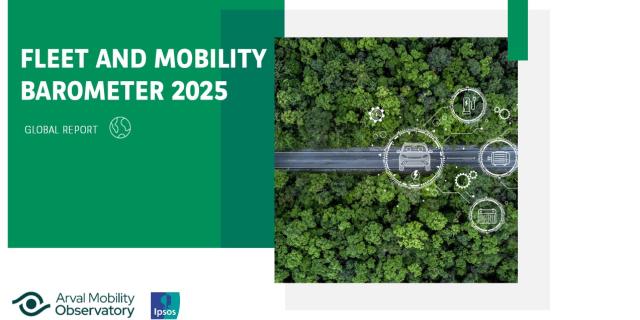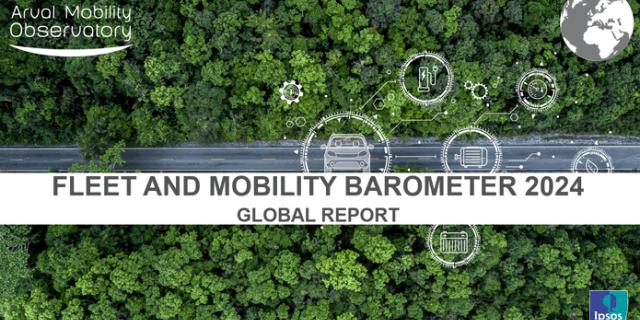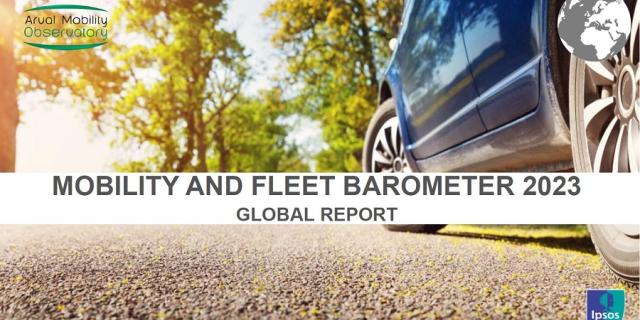In light of the various COVID-19 imposed lockdowns across Europe, all of the manufacturing plants and most of the dealer sites were closed. Some OEM’s developed or enhanced their respective online purchase processes (such as PSA or Volvo). Despite these initiatives there was still a significant reduction in new passenger cars registrations.
Indeed, according to the ACEA, all European countries have recorded double-digit declines since the beginning of the year. Among the five major markets in Western Europe, the German market registered the smallest decrease with registrations down -35% over the first five months of 2020. Italy, Spain, France, and UK endured the largest losses among western European countries with car registrations falling by -54.2% in Spain, -50.4% in Italy, -51,4% in the UK and -48.5% in France despite the easing of lockdown measures.
In these 5 countries, the automotive industry is a strategic, industrial sector of their respective economies. That is why their governments have decided to support large stimulus plan in order to boost production and sales of vehicles with a strong focus on electric vehicles.
How do they intend to support the demand?
These stimulus packages are as follows: in Germany, the government will implement a 130 billion euro economic recovery plan during the two coming years.
In France a 8 billion € plan and in Spain a 3,75 billion € plan will be dedicated to the automotive industry. Italy and UK’s plans are still under discussion and should be validated in the coming weeks.
In Germany, several measures will support the development of electric mobility with one highlight being the development of an enhanced public charging infrastructure. Indeed, the government wants all petrol stations to be equipped in the medium term with at least one charging station for electric vehicles. They want to reach the million charging stations installed by 2030 (compared to circa 27,000 today). France on its side has a target of 100,000 public charging stations being implemented by the end of 2021 (instead of 2022).
Germany and France have also increased the level of their EV bonuses.
In Germany, the Government will double EV subsidies:
- for a BEV with a netlist price of fewer than 40,000 €:
- a 6,000 € bonus will be paid by the Federal Government
- the manufacturer’s share will be 3,000 € This means a total subsidy of 9,000 €.
- for a BEV with a netlist price between 40,000 and 60,000:
- a 5,000 € bonus will be paid by the Federal Government
- the manufacturer’s share will be 2,500 €
- for a PHEV with a netlist price of fewer than 40,000 €:
- a 4,500 € bonus will be paid by the government
- 2,250 € will come from the manufacturer (respectively 3,750 € and 1,875 € with a netlist price between 40,000 and 60,000 €).
In France, the scheme is the following:
- for a BEV purchase with a price of fewer than 45,000 € :
- a 7,000 € bonus will be paid by the government for a private purchase,
- 5,000 € for a company purchase
- for a BEV purchase with a price between 45,000 € and 60,000 €:
- the bonus will remain at 3,000 €
- for a PHEV with a price of fewer than 50,000 € and a range over 50 km/hour
- a 2,000 € bonus will be paid.
In Spain, incentives will be implemented for all kinds of vehicles ICE vehicles included. Buyers will receive between 400 € and 4,000 €depending on the level of CO2 emission of the new car. A scrappage incentive scheme will be also implemented in France, for the 200,000 first requests:
- 3,000 € for an ICE car,
- 5,000 € for an EV and PHEV.
A scrappage incentive scheme is under discussion in the UK and also in Italy but not validated for the time being.
From a tax perspective, Germany has decided to implement these two measures: VAT will be reduced from July 1 until December 31 to 16% from 19% and regarding the Motor vehicle tax, owners of cars with more than 95 g CO2 will gradually pay more from Jan 2021.
Fleet Managers will have to adapt to these new measures with the support of their current providers such as leasing companies to manage their energy transition.
These measures will certainly boost interest in electric vehicles and may indeed lead to an increase in electric vehicle registrations. However, without the development of an appropriate and robust charging infrastructure, registrations will be compromised. We know that the lack of infrastructure is a clear barrier of the development of EVs in Europe.
We also must not forget the ongoing development of hydrogen technology which is also part of the German plan with 9 billion dedicated to promote its production and use.
The future will be greener without any doubt, hydrogen being part of the game together with battery.













